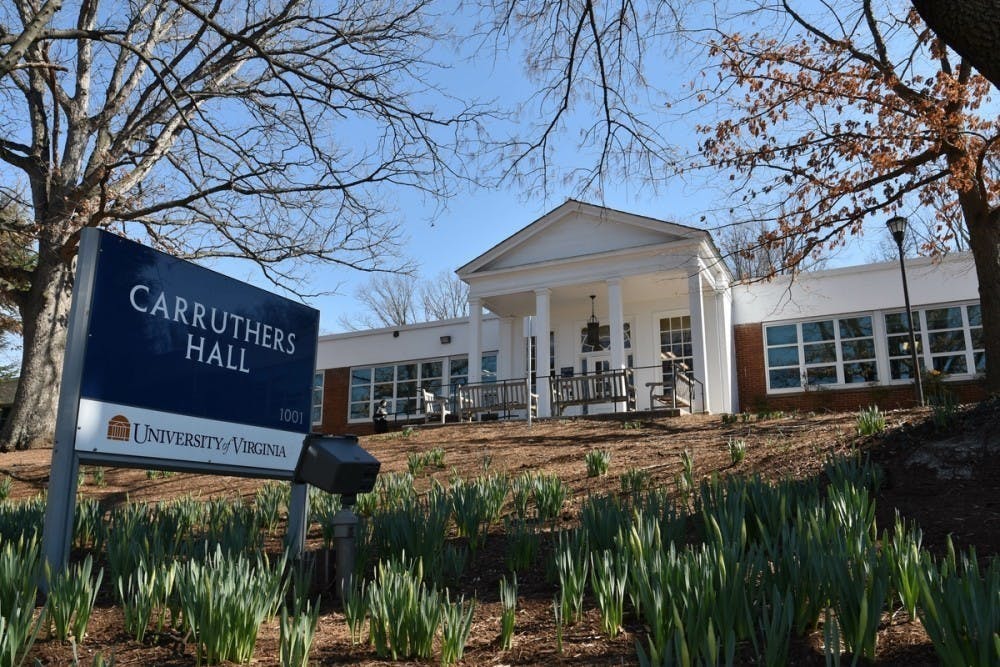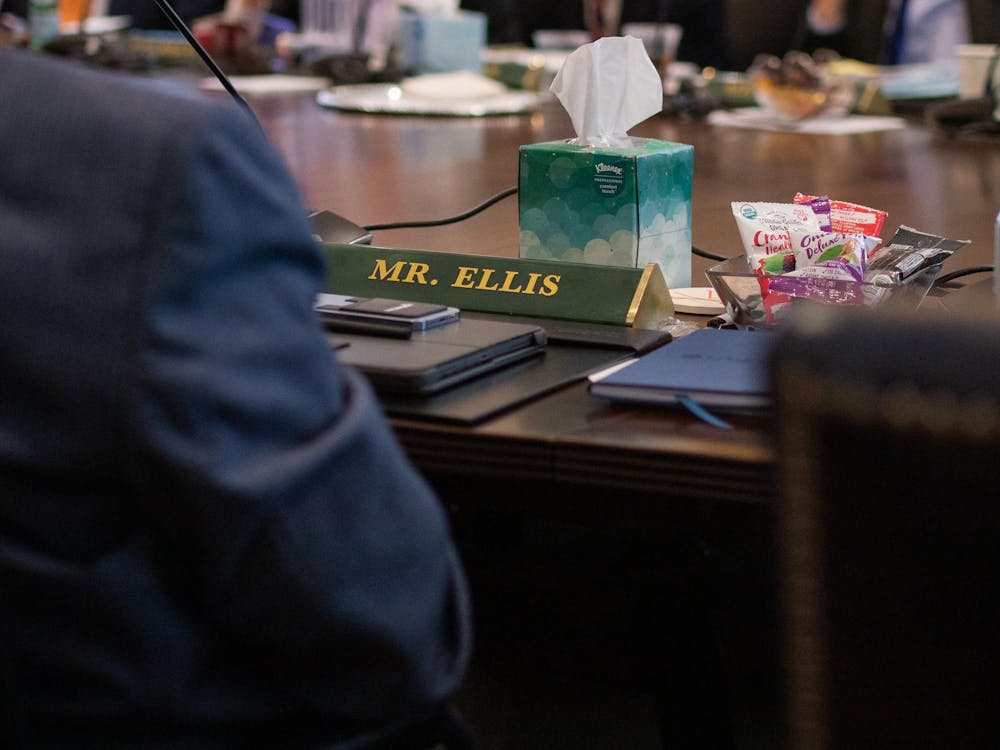The deadline for University students to apply for financial aid funded by the federal Coronavirus Aid Relief and Economic Security Act that was originally set for June 1 was removed Friday. According to Wes Hester, director of media relations and deputy spokesperson for the University, the application to receive financial aid will remain available to students as long as funds allow.
“Initially, a deadline date was applied to the application to encourage early responses from students but has since been removed,” Hester said in an email to The Cavalier Daily.
The University received $11.7 million in COVID-19 relief funding through the CARES Act. The act was signed into law on March 27 with the requirement that half of all funds accepted by universities be distributed to students. This leaves $5.8 million to be distributed to students through the application process. The other half of the funds will be used to recoup the financial losses the University endured from providing students prorated refunds on housing and dining after the University closed in March due to the pandemic.
“Along with philanthropic support, the availability of funding through the federal Coronavirus Aid Relief and Economic Security (CARES) Act has enabled the University to continue providing our students with emergency hardship support for these and other expenses related to the disruption of on-Grounds operations due to COVID-19,” Hester said. “To date, we have awarded over $1.8 million in direct support to students from all sources.”
The application serves as “a streamlined process to evaluate applications and distribute funds to eligible students as expeditiously as possible,” according to Hester.
Current undergraduate, graduate and professional students who have experienced financial hardship due to COVID-19’s disruption of the University’s regular operation are encouraged to apply. The funds may be used to compensate for travel, technology, food, medication and other living expenses students may be facing.
After submitting, applications will be reviewed in approximately 7 to 10 days. Students will be notified via email with a decision as to whether or not they have received funding. If approved, funds will be distributed directly to students through the Direct Deposit feature on SIS. The application reads that Direct Deposits requests are processed daily, Monday through Friday. For those who are unable to establish a Direct Deposit, checks will be mailed out on a weekly basis.
Since March, the University has provided significant monetary support to students facing economic challenges due to the impact of COVID-19. Student Financial Services released an Emergency Travel Assistance fund for students who needed assistance with one-way travel back home after the University shut down, along with funding for Technical Assistance for online instruction for students seeking aid with purchasing technology to complete virtual courses. Additionally, SFS introduced an Honor Loan that students were able to apply for in order to compensate expenses such as wage loss or rent coverages.
Darynha Gnep, a rising fourth-year Curry student, commended the University and Student Financial Services for providing various avenues of support for students. However, Gnep noted some of the challenges that first generation, low-income students face with the application process used to allocate CARES Act funding.
“As an out-of-state FGLI student, I very much heavily rely on U.Va.’s commitment towards meeting 100 percent of my demonstrated financial need,” Gnep said in an email to The Cavalier Daily. “However, one of the biggest areas of frustration that I along with many students in my position share is the lack of communication surrounding access to these funds, its possible implications on future financial aid, if any, and just an overall lack of empathy that comes across in the messages that the University sends to the student body.”
Gnep commented on the application’s failure to mention “crucial information” such as the number of times a student may request CARES Act funding and what potential implications the application will have on students’ future requests for financial aid.
“For me, these two factors play a heavy role in my thought process as it relates to how much I should even consider putting in a request for — especially if it has the potential to negatively affect me in the immediate and/or distant future,” Gnep said.
According to the most current application, all prior application outlets for assistance have been removed in favor of “this one-stop application process for any emergency funding requests related to COVID-19.”
Any students who have previously applied for aid do not need to reapply through the CARES-funded application unless they have a new request for financial support.
Gnep expressed his wish for future financial aid opportunities to be handled in a more immediate and direct manner.
“Should the opportunity arise again, my immediate hope is that the University puts forth a stronger effort to get this type of information out to the student body as soon as possible and through the many mediums that exist,” Gnep said. “In addition, I hope that my questions, along with those of my peers, related to this fund becomes more clear in order to help us all make as much of an informed decision as possible.”







